Going Global to Lead Local
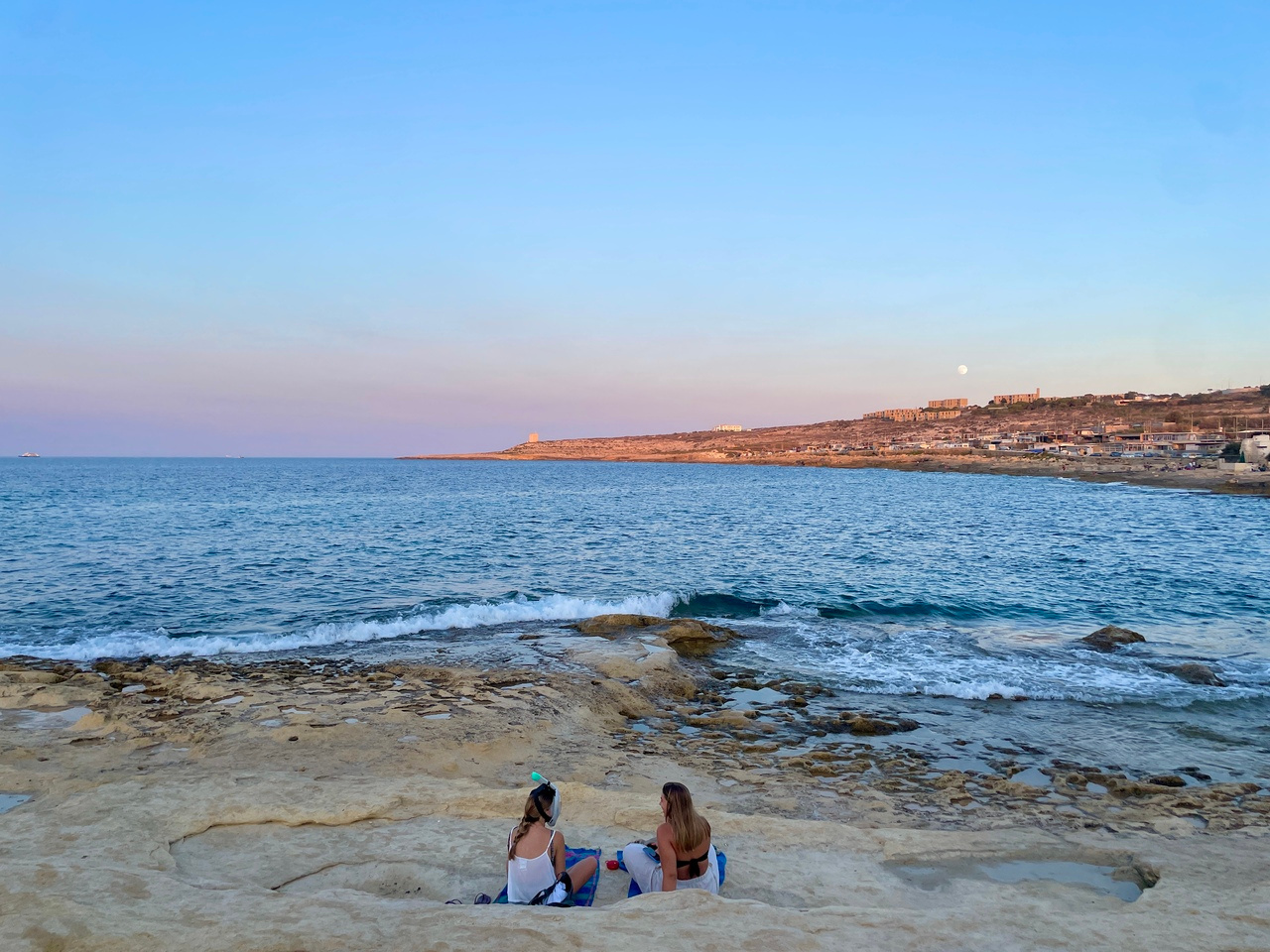
Over the past two summers as a Laidlaw Scholar, I’ve had the chance to explore very different but equally formative projects: one rooted in Dublin’s soil and the other in Malta’s seas. Together, they have shaped how I think about leadership, global citizenship, and my future as an environmental professional.
My first summer was spent investigating the relationship between soil compaction, plant biodiversity, and urbanisation in Dublin. Soil is the foundation of every ecosystem yet in urban studies, it is often overlooked. I sampled 21 sites throughout County Dublin, interacting with locals and neighbours in each individual location. What stood out to me most was how passionate people were about the land they lived on, even if they didn’t know the first thing about soil structure. So much of what we do as scientists and researchers could benefit from being accessible to everyone as some of the most passionate people aren’t professionals or PhD students, they’re people walking their dogs in the local park and letting their kids play in the dirt. This perspective shift informs my approach to leadership, prioritising egalitarianism and agency of everyone involved to collectively make decisions.
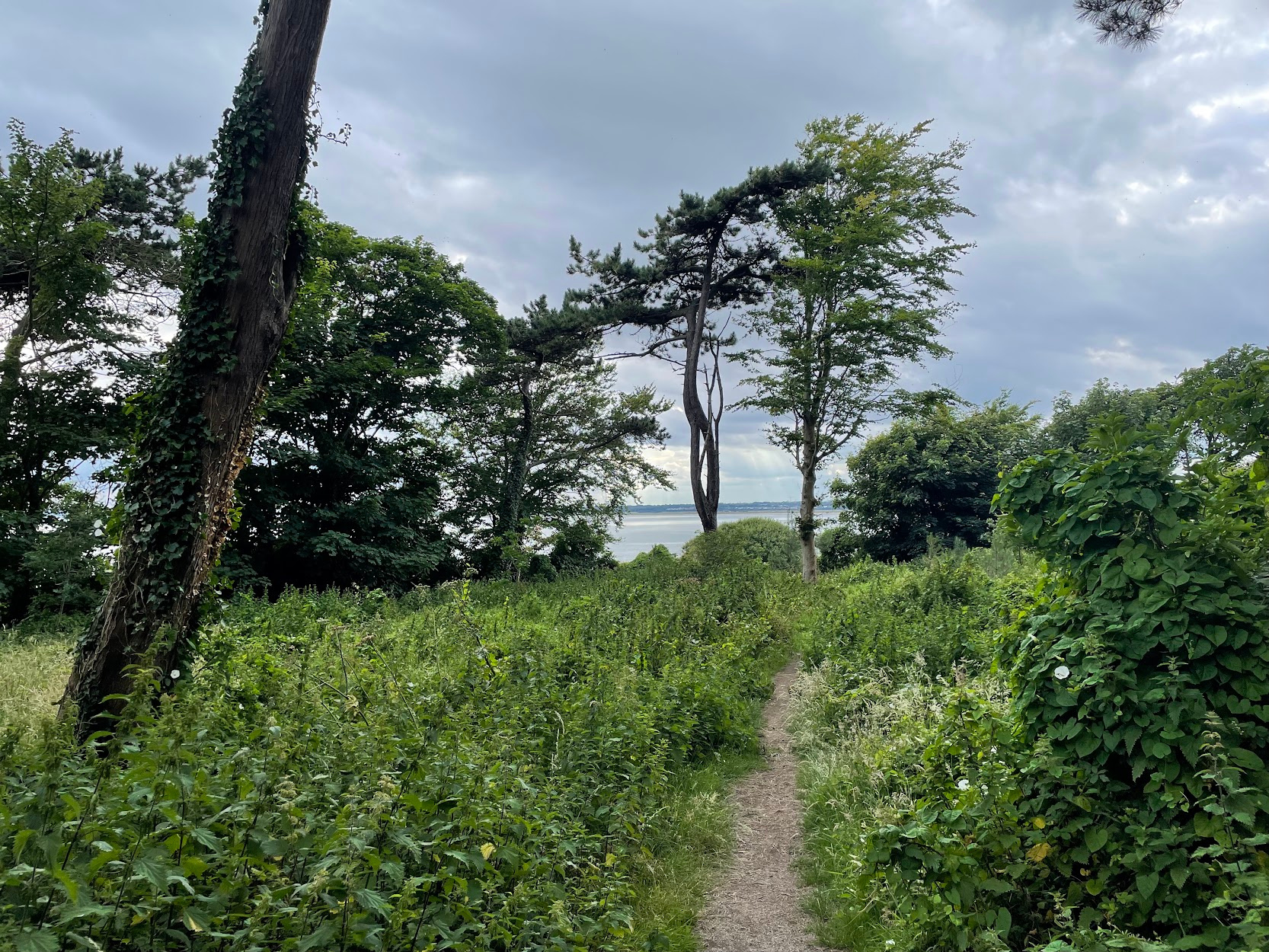
The following summer, I joined SharkLab-Malta, a volunteer NGO dedicated to elasmobranch (shark, ray, and skate) research and education. My main task was to develop a summer school curriculum that could be reused for future outreach. Since some of our younger students had limited English proficiency or reading skills, I designed activities that were hands-on, adaptable, and engaging for a wide range of ages. Beyond education, I also contributed to research projects: snorkeling in Malta’s bays to survey critically endangered bull rays, and helping with by-catch monitoring at the fish markets in the early hours of the morning. Both experiences pushed me far outside my comfort zone, whether swimming for hours despite my initial anxiety or handling hundreds of dead sharks as part of vital conservation work. I was shocked by how much I grew to enjoy these challenges, and how much resilience they revealed in me.
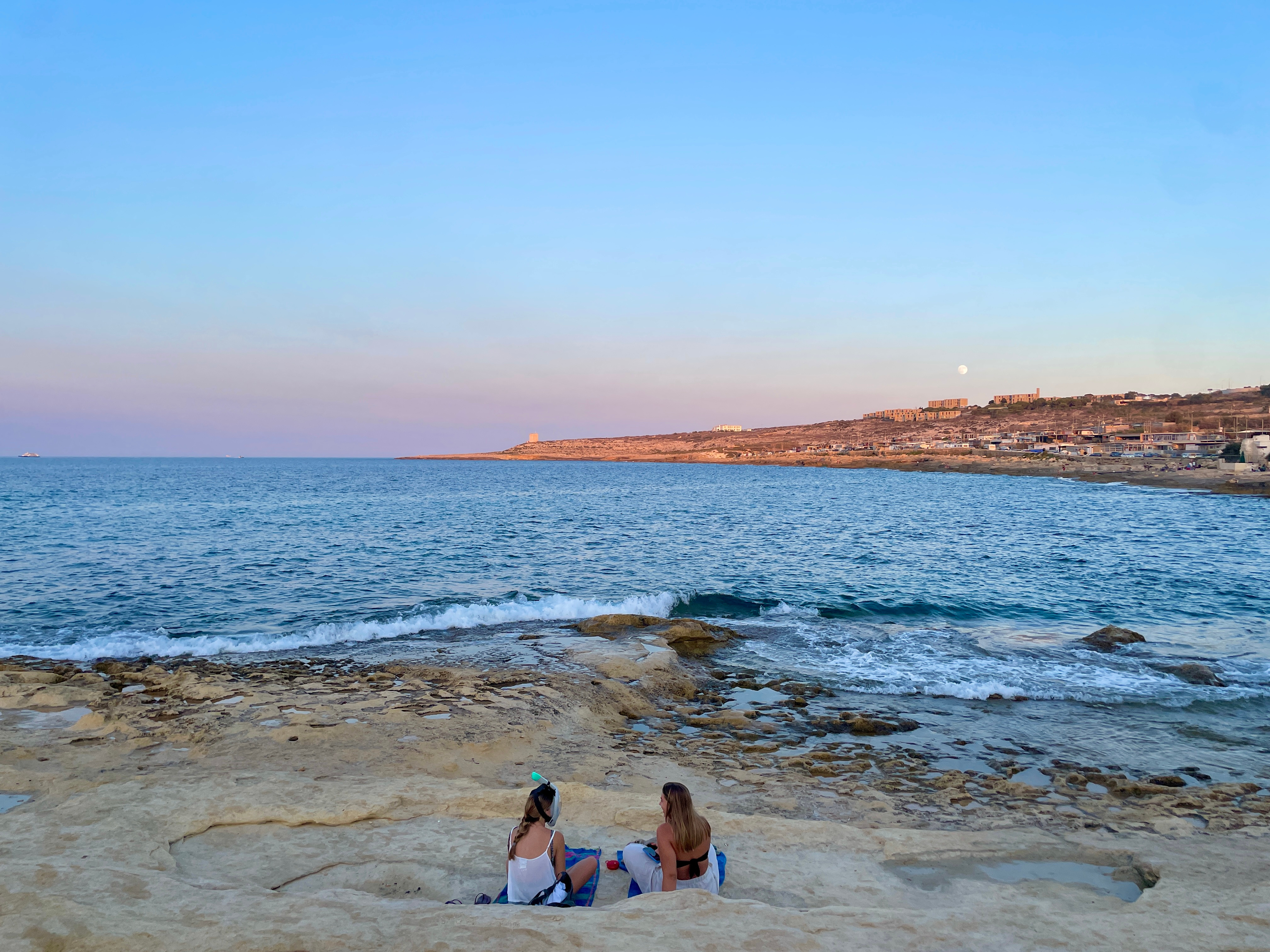
Baħar iċ-Ċagħaq beach, a sampled bay for bull rays in Malta
Across both summers, I learned that leadership is not only about delegation or authority; it’s about adaptability, empathy, and having a positive impact on your communities, even in unfamiliar environments. In Dublin, leadership meant listening to locals and neighbours and recognising their deep connections to the land. In Malta, it meant trusting my own initiative, designing resources that others could build on, and contributing to global conservation efforts even when the work was emotionally and physically demanding. Being a global citizen, to me, is about recognising the interconnectedness of people and environments across contexts, and about stepping up to contribute meaningfully, even when conditions are uncertain.
I intend to carry these lessons forward into my career in ecology and environmental research. I want to lead by fostering collaboration, amplifying local knowledge, and building spaces where science and community can work hand in hand. Laidlaw has shown me that leadership is not a fixed identity, but a practice, one that evolves with every challenge, and one that can connect soils in Dublin to seas in Malta, and beyond.
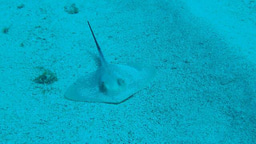
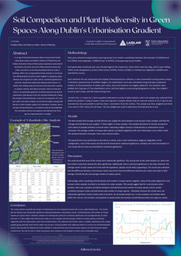

Please sign in
If you are a registered user on Laidlaw Scholars Network, please sign in